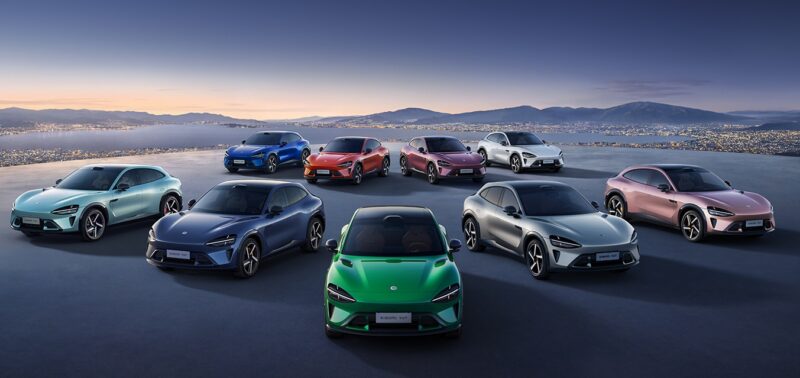Chinese tech powerhouse Xiaomi continues its assertive push into the electric vehicle market, and its latest launch—the YU7 SUV—has made an immediate impact.
In a striking market debut, the YU7 garnered over 200,000 orders within just three minutes of its official release in Beijing, with pre-orders exceeding 289,000 units in the first hour. Positioned with a base price of around $35,000, the new SUV is being viewed as a direct challenger to Tesla’s Model Y, China’s top-selling electric SUV.
A Calculated Price and Spec Strategy
The YU7’s pricing just undercuts the Tesla Model Y (which starts at $36,760), but Xiaomi isn’t just banking on price competitiveness. Industry analysts suggest that the YU7 offers superior specifications and features compared to its American rival—making it an enticing value proposition for tech-savvy and price-conscious Chinese consumers.
According to Jefferies, the YU7’s combination of “attractive pricing and better-than-expected performance specs” positions it well to take market share away from Tesla, a company increasingly squeezed by domestic Chinese competitors.
A Subtle Showdown with Tesla
Xiaomi CEO and founder Lei Jun made no attempt to hide the competitive intent behind the YU7 during its unveiling. In a bold statement aimed at Tesla, he referenced previous comments made by the American EV brand inviting comparisons—saying Xiaomi now “officially accepts” that challenge.
Investor Confidence Surges
The market reaction was swift. Xiaomi’s share price in Hong Kong jumped as much as 8%, hitting a new high before closing the day with a gain of 3.6%. The company’s performance in 2025 has been strong across the board, with its stock climbing over 70% this year, driven by the success of its initial EV—the SU7 sedan—and sustained momentum in its smartphone and smart appliance divisions.
YU7 and the Broader EV Landscape
The YU7 is Xiaomi’s second electric vehicle, following the well-received SU7, which has already outpaced Tesla’s Model 3 in Chinese monthly sales since its launch. This success is symbolic of a broader trend—domestic EV makers like Xiaomi, BYD, Nio, and Xpeng are ramping up competition and eroding Tesla’s dominance both in China and overseas.
The increasingly aggressive pricing strategies from Chinese automakers are fueling a larger EV price war, forcing global players to rethink their positioning. Meanwhile, Xiaomi’s consumer tech ecosystem, brand loyalty, and hardware design experience are giving it a distinct advantage in merging lifestyle with mobility.
Global Attention
Interestingly, Xiaomi’s EVs have also caught attention outside China. Ford CEO Jim Farley reportedly spoke favorably about the SU7, which he had driven for several months—an unexpected endorsement that underscores Xiaomi’s growing influence in the EV sector.
Xiaomi isn’t just dabbling in electric vehicles—it’s redrawing the competitive map. The YU7’s launch is not just about sales numbers; it’s a calculated move to dominate in both product innovation and perception. For an industry in flux, Xiaomi’s entrance adds new firepower to an already dynamic race.
Stay tuned as we track Xiaomi’s expanding automotive journey—and how it’s forcing even the biggest names to rethink their game plans.
Join the 365247 Community here.
IMAGE: Xiaomi


